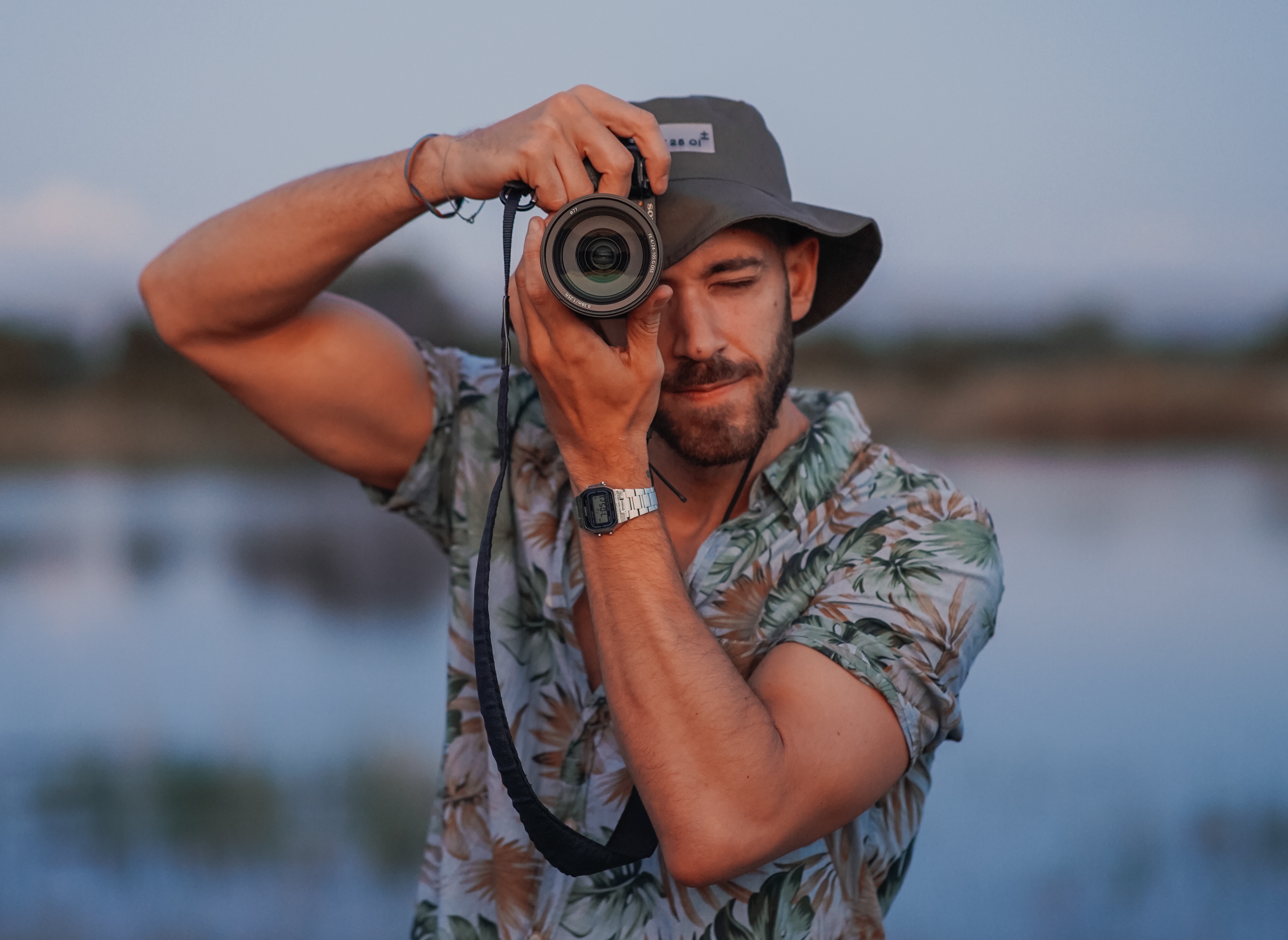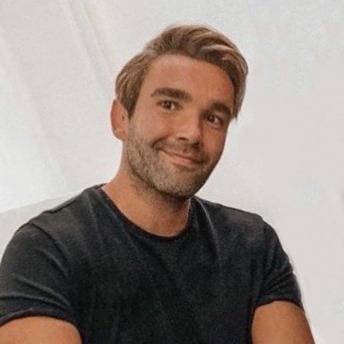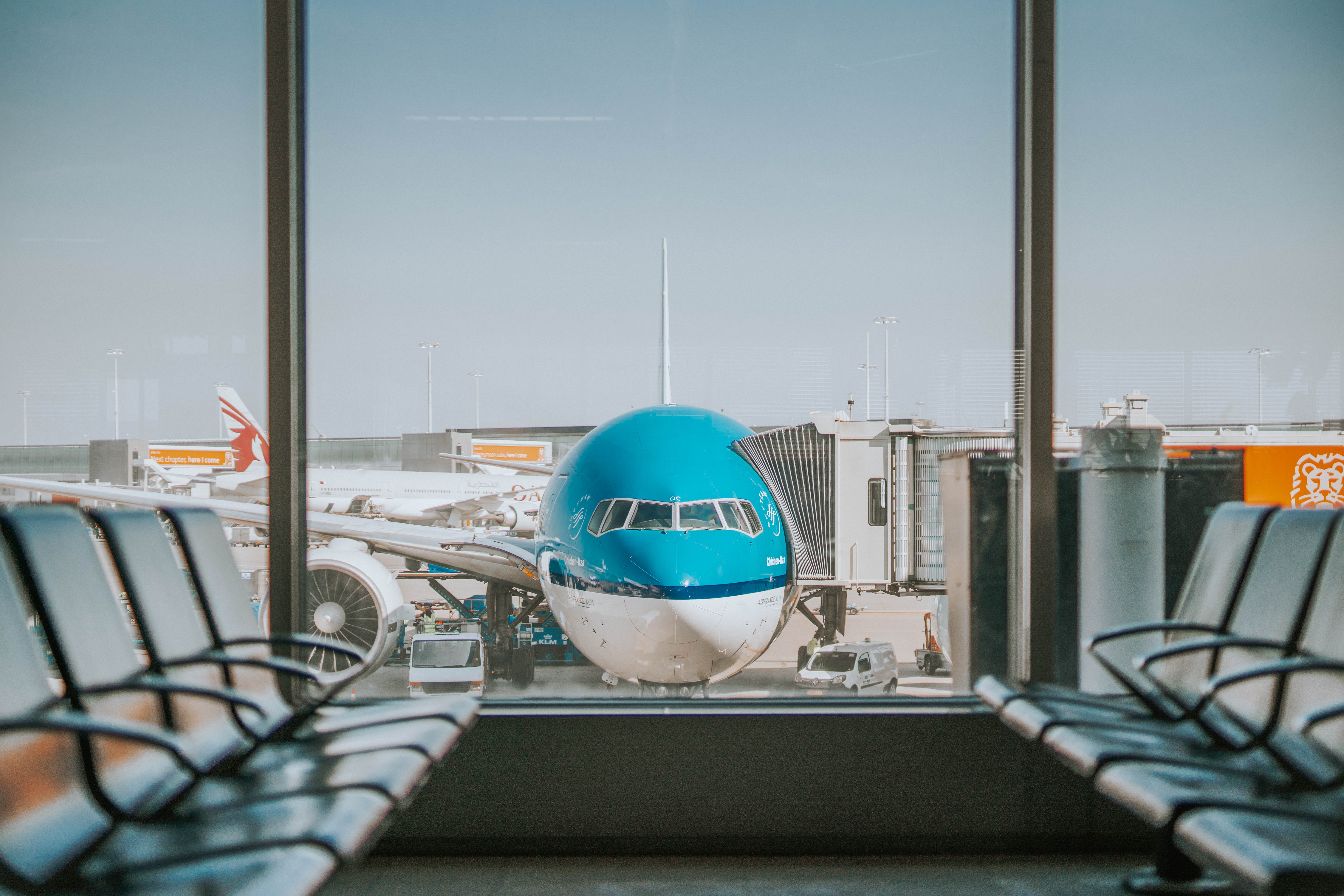The tourism sector has always been an evergreen or an always-on industry. It’s perpetually high season somewhere in the world, there are millions of people planning their next trip, and we are continually daydreaming about ticking more boxes in our bucket list. But then 2020 happened, and the rules of the game changed abruptly.
Despite everything, the tourism industry is not going to disappear; that’s pretty much crystal-clear. Travelling is part of who we are, so we will have to adapt – once again. Some things will remain, like the use of mandatory sanitizing gel everywhere or wearing masks on aeroplanes and crowded places, but the more I talk to experts in this field, the more I perceive an ongoing, low-profile movement that is bound to change the whole industry.
And this won’t surprise you: the Travel industry is quite complex, and many other industries depend on it (hotels, restaurants, culture or even heritage). So, this necessary change will allow the sector to adapt to the new reality; not only that caused by the virus but also the climatic fact and modern consumer demands.
To give us an idea of the magnitude this problem has: between March and June of this year there were 96% fewer aeroplanes in the air. Many health professionals have been warning for months, and even years, that travelling needs more preparation. Maite Azuara, an expert in public health and Director of the Health and Social Policy Area of the Government Delegation in Madrid, Spain, insists on a “sanitary common sense” that implies as well a more conscious choice of the destination, assuming the risks of each one.
Everything is changing daily, therefore knowing when the COVID-19 crisis will be resolved is merely impossible to guess. But this summer has shown us that when the virus is contained, tourism is possible and positive for everyone. Although there is still a long way to go before we return to normality, trips with precautionary measures from the origin will be the usual trend until this happens.
Paco Nadal, a renowned Spanish travel journalist, states that whenever this issue comes up, there will be people who advocate for a return to old-fashion tourism.
“How do you decide who gets into Barcelona and who doesn’t? Doors have already been set up in Venice, but this is not an easy solution. If we can learn something from this pandemic, it would be to de-seasonalise tourism. If we decontextualise the data on visitors to major destinations over time, the situation is not so terrible; but we have to travel in another way“.
Paco Nadal.
BUT WHAT DOES AN INDUSTRY EXPERT THINK ABOUT THAT?
Maite Azuara and Paco Nadal expressed this way in a video published by Enrique Alex, a filmmaker who left everything behind in 2016 and, along with his partner, packed his suitcase and started travelling the world without a return ticket. He then decided to open a YouTube channel to show his friends how his trip was going.
His trip around the world lasted two and a half years -906 days-. Four years after that first flight, his YouTube channel is now the largest travel channel in Spain, he works with brands and tourism boards to promote sustainable travelling, and he’s one of the most renown public references on travel.

Daniel: Do you think we have learned any lessons about the COVID situation, when it comes to traveling?
Enrique Alex: Whenever there is a crisis of some kind you hear the ‘lessons learned’ story, and then we end up going back to what we were doing in the first place. What I do feel is more evident than ever is the fact that we have to change the way we distribute our time. It doesn’t make sense that we all go to the same place at the same time. The toxic tourism that over-floods cities like Venice or Barcelona happens because of agglomeration itself, encouraging tourism without any added value. Sort of a “take a picture and move on” kind of situation. De-seasonalizing tourism will take time, and while that happens it will be necessary to review work models and indeed school models to be able to live in a more flexible world, but in a scenario in which more and more people have access to travel, this is the only way to go. Many of the crowded tourist spots in August are empty in March, which doesn’t make any sense to me. I don’t think anything will be the same again until the summer of 2022 at the earliest, so we all have time and an excellent opportunity to transform the tourism industry.
Daniel: How can tourism help those who have lost their jobs or have been impoverished by COVID-19?
Enrique Alex: This is extremely important. Those of us who have been talking about responsible and sustainable tourism for years must continue to do so. Being a responsible tourist is not just learning about the country you are visiting and not riding elephants or promoting destructive activities. It is also to understand that travelling is the best window to the world that we have and that as travellers it is our responsibility to contribute to its maintenance and improvement. Destructive tourism –large cruise ships and so many other activities with a negative footprint– has to be transformed, and it will only do so when we stop demanding it. This culture shift towards appreciation of the local and the natural world is an enormous opportunity towards transforming the sector and creating new jobs. Of course, these changes have to come from the administration and the private sector, but we as final “consumers” are the ones who have to take the first step.
Daniel: Since you have travelled the world so much, which countries are making efforts towards this transformation?
Enrique Alex: There are so many, and each in their own way. Thailand is beginning to worry about single-use plastics because the use and abuse there are just mind-blowing. The Philippines is finally taking measures to protect marine biodiversity, and Mexico and other Latin American countries are shifting to experiential tourism, protecting indigenous communities and giving them a new path of steady development. It is complicated, but as travellers, we have to be the ones to anticipate these changes. I’ll insist on the example of the elephants in Thailand, being there one gets the same offer over and over again, but a simple online search will give you much information about the terrible industry behind it. This is not about good and bad people, but about making conscious decisions being as well informed as possible.
A SHIFT IN PEOPLE’S BEHAVIOUR
It’s pretty likely that when reading this piece, you may have been bombarding yourself with unanswered questions. Same as I did when I wrote it as we’re still not sure what the caveats will be when travelling in a year time, nor if we will need to start switching our usual vacation schedules for the sake of supporting a new non-seasonally adjusted holiday time.
What it’s clear is that travelling, as we have done it so far, is going to change forever. And it’s now when we need to accommodate or uncover ways to find out what the new notion of “normal” it’s going to be.
Safe travels!


